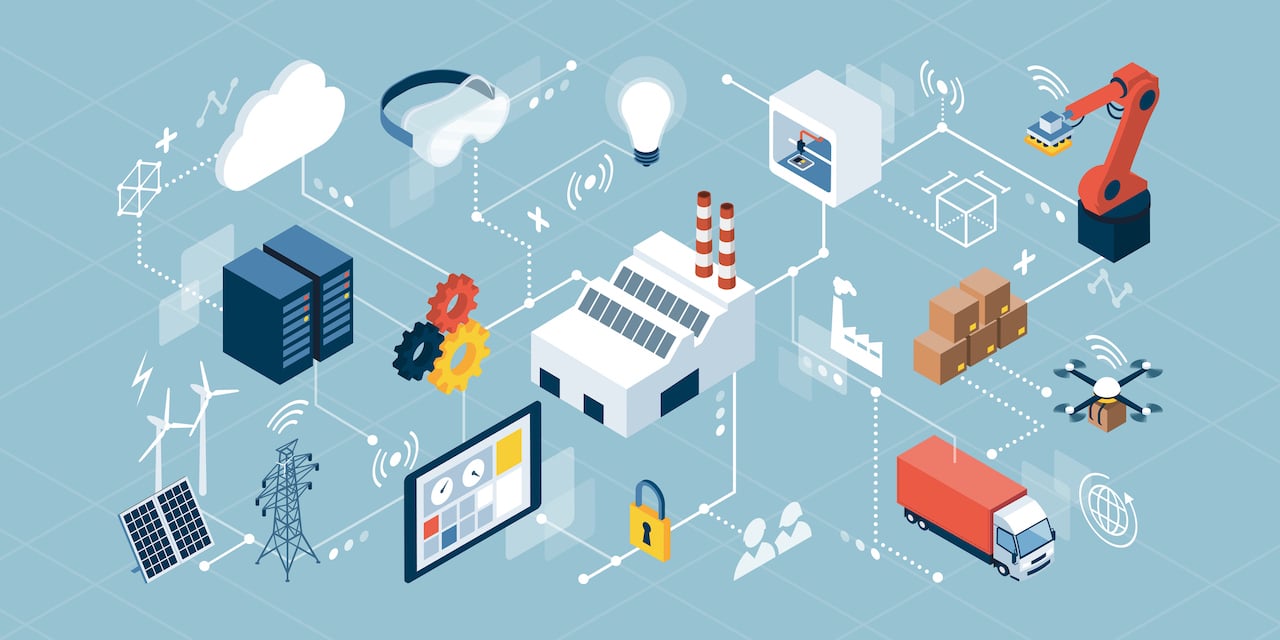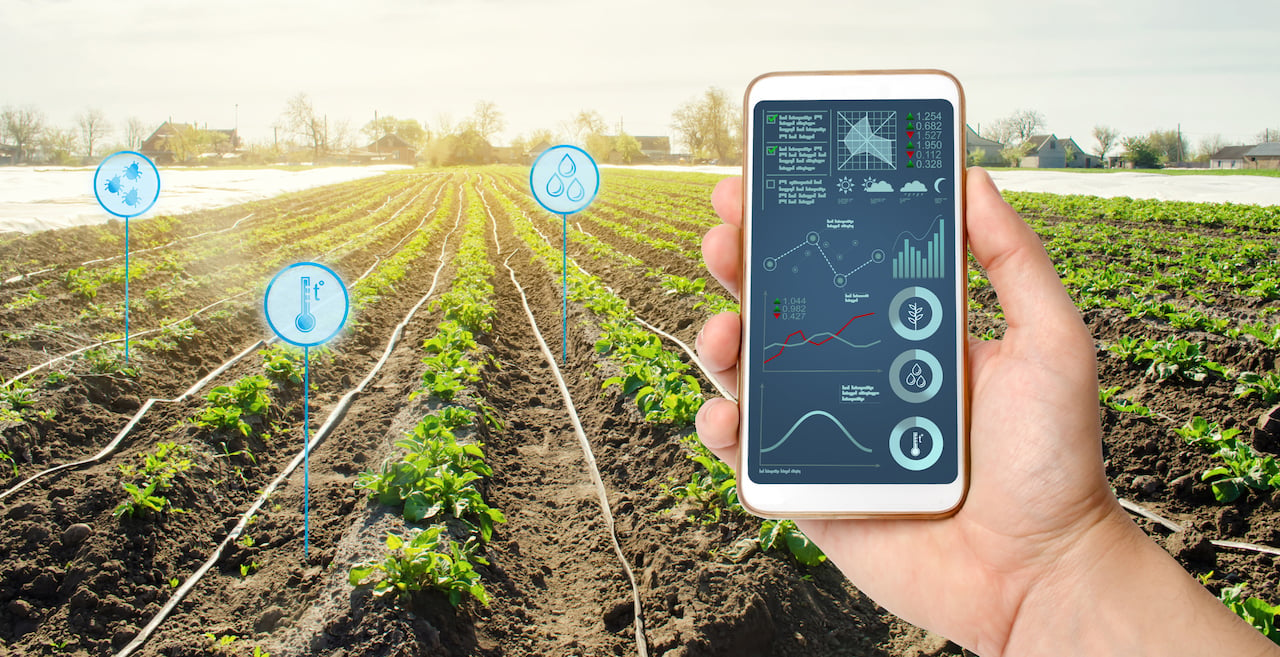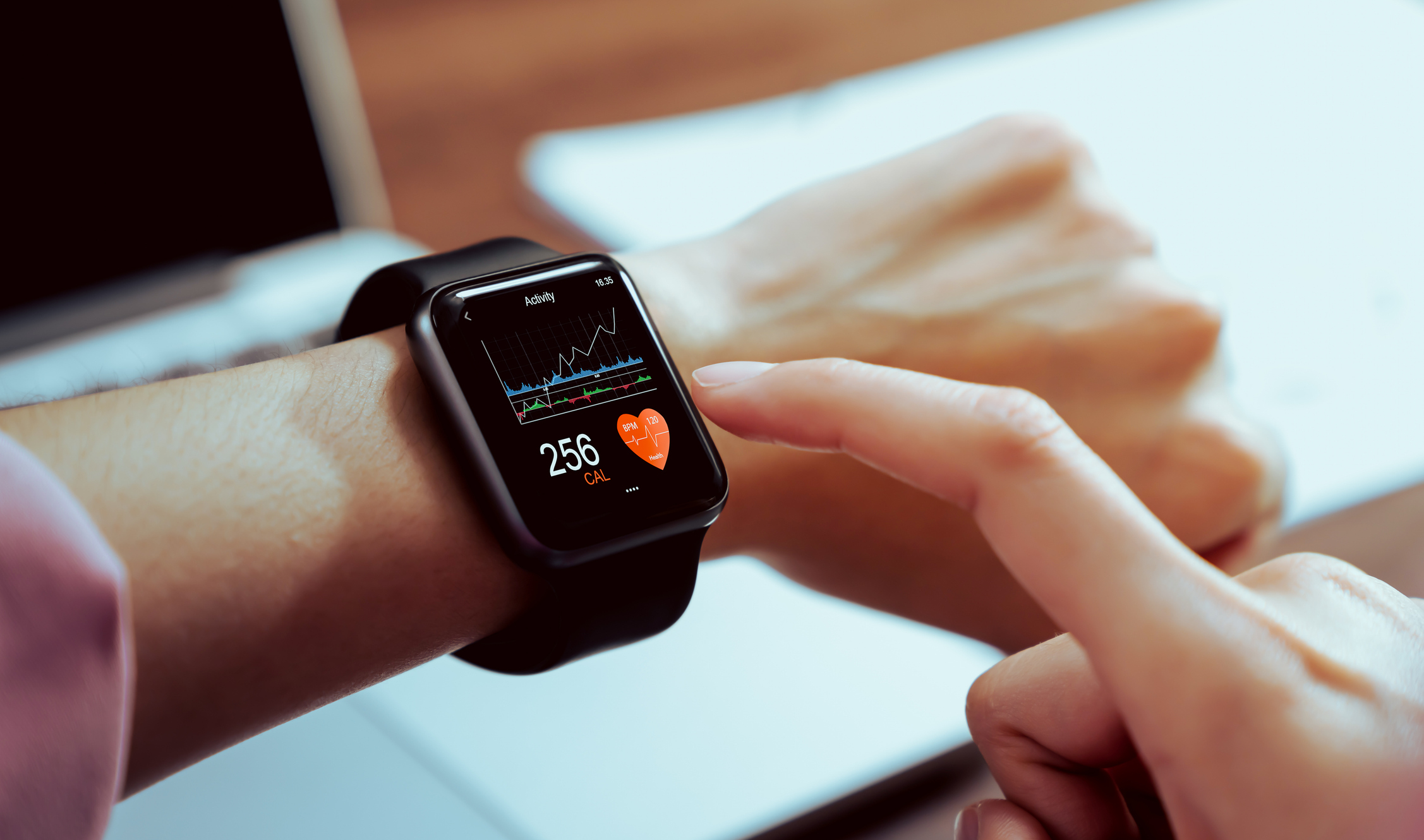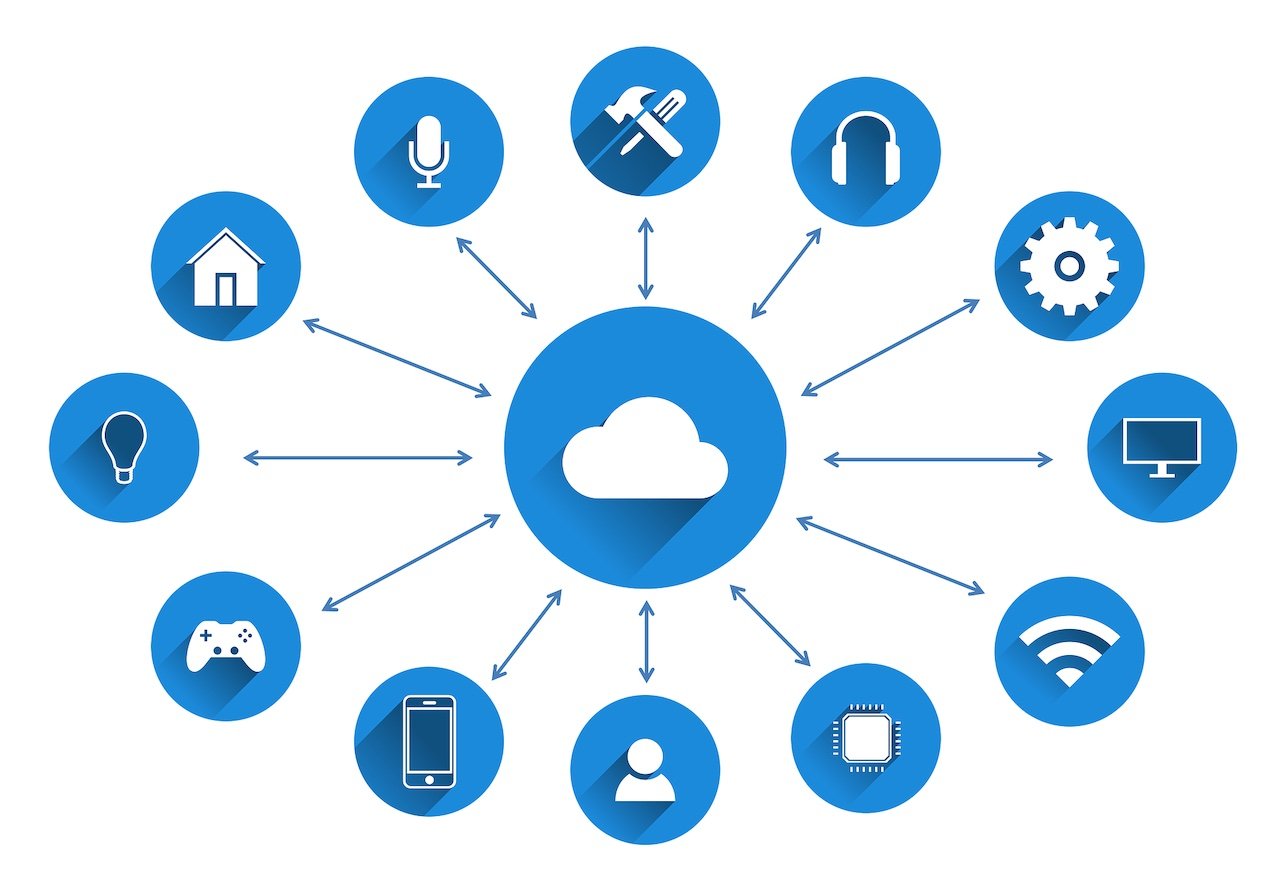
- February 2026 (1)
- January 2026 (2)
- December 2025 (2)
- November 2025 (2)
- October 2025 (3)
- September 2025 (3)
- August 2025 (3)
- July 2025 (2)
- June 2025 (3)
- May 2025 (3)
- April 2025 (3)
- March 2025 (2)
- February 2025 (1)
- December 2024 (2)
- November 2024 (1)
- August 2024 (2)
- June 2024 (3)
- May 2024 (3)
- April 2024 (1)
- March 2024 (3)
- February 2024 (2)
- January 2024 (2)
- December 2023 (1)
- November 2023 (2)
- October 2023 (2)
- September 2023 (1)
- August 2023 (1)
- July 2023 (2)
- June 2023 (3)
- May 2023 (2)
- March 2023 (4)
- January 2023 (2)
- November 2022 (2)
- September 2022 (1)
- August 2022 (2)
- July 2022 (2)
- June 2022 (1)
- May 2022 (1)
- April 2022 (3)
- March 2022 (1)
- February 2022 (3)
- January 2022 (2)
- December 2021 (1)
- November 2021 (1)
- October 2021 (2)
- September 2021 (3)
- August 2021 (1)
- July 2021 (3)
- May 2021 (2)
- April 2021 (2)
- March 2021 (2)
- February 2021 (3)
- January 2021 (3)
- December 2020 (1)
- October 2020 (1)
- August 2020 (1)
- August 2019 (1)
- January 2019 (2)
- September 2018 (5)
- June 2018 (1)
- November 2017 (1)
- September 2017 (1)
- July 2017 (1)
- May 2017 (1)
- January 2017 (1)
- October 2016 (2)
- August 2016 (1)
- July 2016 (1)
- June 2016 (1)
Subscribe by email
IoT usage continues to grow exponentially — forecasts show IoT is expected to grow to around 1.6 billion U.S. dollars by 2025. And though businesses have been slower than consumers to adopt this technology, that’s quickly changing. Certain industries are taking the lead, including farming, healthcare, manufacturing, transportation and logistics, and of course, consumer electronics. Let’s look at the top Internet of Things examples as IoT continues to revolutionize business.
Best IoT Examples
There are many incredible examples of IoT in action. Beyond smart home devices, businesses are utilizing IoT to increase efficiency and safety, and even cities are seeing significant benefits. Here are five of the top examples showcasing the benefits of IoT today.
1. Smart Home
Some of the most familiar examples of IoT devices are those used in our homes. Smart home devices have been improving our lives for years now, and many people have come to depend on them. One of the best examples is home security systems that provide 24/7/365 monitoring managed by a smartphone.
Other safety devices have been added to the IoT home lineup, including air quality monitors and smoke detectors, making our homes safer than ever. Additionally, handy IoT devices are available to monitor water for our plants and adjust the lighting and temperatures in our homes. You’ll find smart appliances, smart door locks, and even devices for consumer purchasing.
2. Personal Monitoring
Activity and fitness trackers took the world by storm, giving us the ability to track our steps and tell us vital health information like blood pressure, blood sugar, and oxygen levels. Personal monitoring is continuing to evolve, and IoT is stepping up to fill a need with elderly care monitoring and baby monitoring. Smart devices such as those from PharmRight can provide medication reminders, and sensor devices like Smardii’s address elder care incontinence in hospital settings. People are empowered with managing their healthcare and improving their quality of life through IoT.
3. Healthcare
Individuals aren’t the only ones benefiting from medical advances in IoT — the entire healthcare industry is seeing advances and opportunities. IoT solutions can improve infection detection times, reduce infection-associated costs, and assist clinical staff in achieving better patient outcomes. Wait times are being reduced in medical offices and emergency rooms, improving patient care. Digital educational signage in waiting rooms and exam rooms offer updates to patients and family members, and medical practitioners can use smart medical devices for improved accuracy for diagnosing and treating patients.
Learn more: 10 of the Best Examples of IoT in Healthcare
4. Smart Cities
IoT doesn’t only support consumers and businesses. There are also applications for municipalities to solve issues people face on a daily basis. There is opportunity to reduce traffic congestion, improve safety, and reduce crime with strategically placed sensors. For example, Cleverciti solves parking search by guiding drivers to the most convenient available space, reducing search traffic and vehicle emissions, and maximizing the value of parking assets.
Automating the timing of traffic lights makes it easier than ever to get around safely. Efficient street lighting can be remotely or automatically turned off and on, even equipped with motion sensors providing it where it’s needed. Additionally, traffic lights can automatically be set to turn green for ambulances in intersections, and traffic can be re-routed during rush hour to more easily get people off of critical highways that are being used by trucking companies moving goods.
City services can also be improved through the use of IoT. Sensors can alert waste management services when a trash bin needs to be emptied, which could reduce the costs of an unnecessary regular weekly pickup and also help prevent the spread of diseases and the pests that carry them. Water levels, water quality, and energy usage can also be managed effectively from a central location and flood risk areas can be remotely monitored as a means to more quickly activate rescue services and evacuate civilians.
With population growth in cities increasing, parking is going to become a bigger issue in upcoming years. Smart parking is a great opportunity for helping drivers find spots. The sensors in each spot can transmit a live update to share parking spaces with drivers. You might even see this functionality now at places like your airport and there are applications for both businesses and cities.
5. Industrial
Some of the most significant advances from IoT are in the industrial space. Sensors monitor for temperature, pressure, and hazardous chemical leaks, improving safety for those working in industrial settings like nuclear facilities, chemical factories, and mines, among others. And, like with other businesses and cities, industrial organizations also benefit from IoT’s advances in security and surveillance as well as temperature and energy usage monitoring and management.
Improvements through IoT have also made machinery more efficient and increased functional lifespan of equipment. Predictive maintenance indicates when a failure is likely and what maintenance is required. And not only that — there are now self-healing machines equipped with machine learning and artificial intelligence to identify variances in operation and to provide correction before problems cause downtime and costly repairs.
Some other significant areas of positive impact are in the area of process automation and optimization. Many industrial processes can be automated and managed remotely, so no one has to be near the machinery. This efficiency frees up people for higher-level tasks and improves safety. And with IoT, manufacturers can track products from their parts to the complete item to delivery without anyone lifting a finger. The realized benefits in the industrial space are astounding.
Other Examples of IoT
There are many other examples of IoT making our lives easier. Does your car have a fob instead of a key that can do everything from unlocking your car to starting it remotely? Thank IoT for that convenience. If you live in a flood area, sensors can provide an early warning system to keep your family safe. Through the use of remote sensors that can be managed in a centralized location, farming is being revolutionized. Farmers can use IoT-enabled devices to monitor everything from moisture levels to soil composition, weather, crop health, and even monitor livestock activity, like HeatSiecker which is revolutionizing livestock breeding. They can even create customized fertilizers based on soil chemistry and composition. All of these reduce the labor required and improve the quality of the soil, plants, and care of the animals.
Opportunities in IoT
As you might expect, the Internet of Things will continue to grow exponentially as the technology matures. According to McKinsey, nearly 25% of businesses use IoT technology today, doubling in just two years. Small and mid-sized companies are expected to increasingly jump on board with IoT, taking advantage of the benefits.
We’re excited to continue watching the trajectory of IoT as more companies are leveraging the opportunities for their businesses and customers. We expect to see continued growth in the years ahead, and we’re happy to be a part of it.
Want to know more about Zipit’s robust yet intuitive IoT platform? Contact us to discuss your company's unique needs. We’re happy to offer insights based on our extensive experience.
Related Content
The latest IoT insights and platform updates from Zipit.
The Internet of Things (IoT) has transformed industries by creating a network of i...
Device provisioning is often compared to setting up a mobile phone, but getting an...
Deploying an IoT solution brings significant value to businesses, but it also intr...



